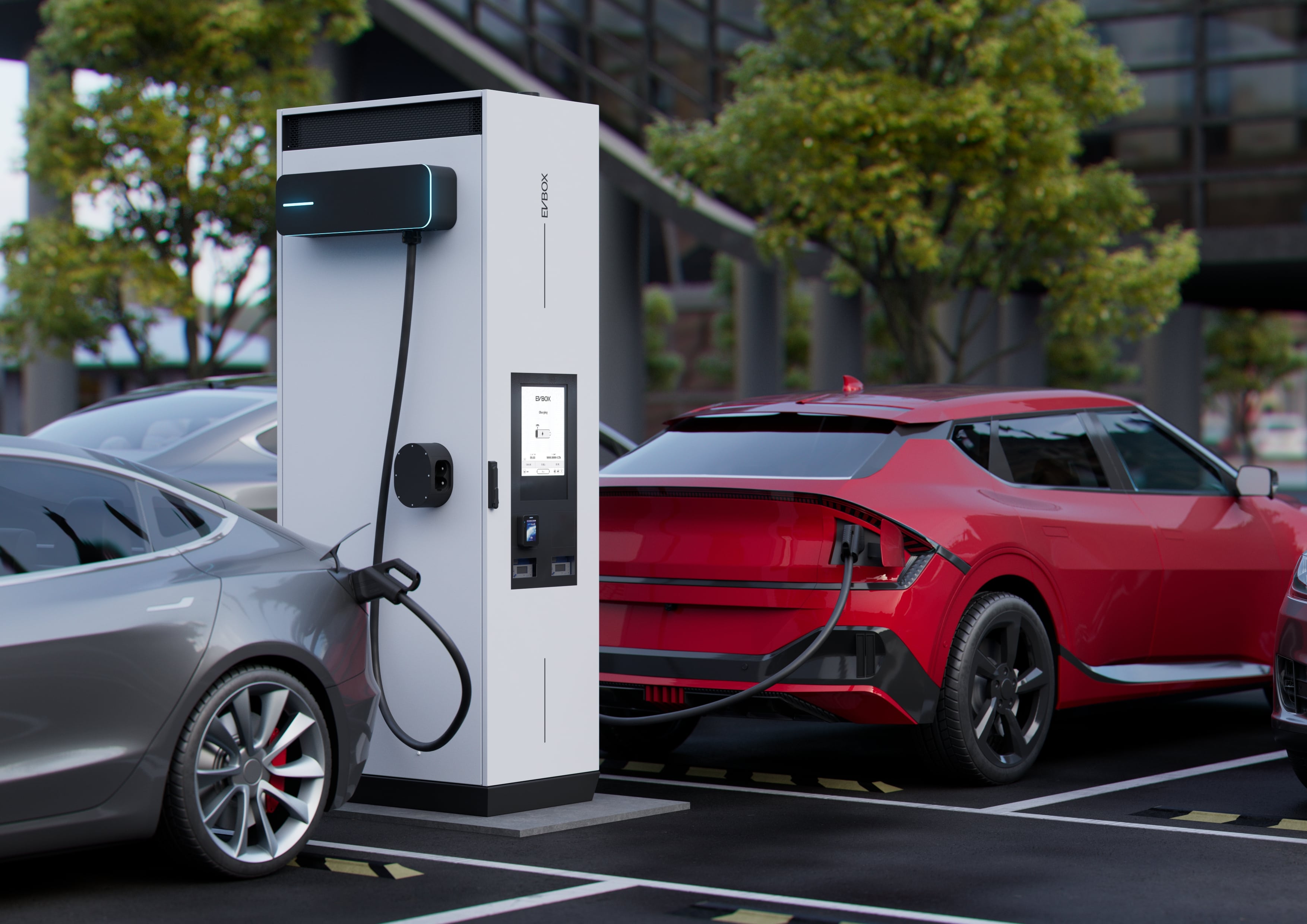
Calibration laws are legal frameworks adopted by countries around the world to ensure public EV charging stations provide accurate and transparent information to drivers, letting them clearly see what they’ve been charged for. They also require charging station manufacturers to undergo a certification process to guarantee that their hardware and software are properly calibrated.
Over the last few years, DC fast charging infrastructure has grown at record speeds (and it’s only expected to grow further in the coming years). If your business is looking to invest in fast EV charging infrastructure it is essential to be aware of new and upcoming calibration laws.
While there is –currently– no specific calibration law in the UK, there are industry-specific regulations and entities to promote accurate calibration practices, which we'll cover in this article.
While calibration laws cover both AC and DC chargers, the measurement aspect is much more challenging to implement for DC chargers due to their higher power outputs and lack of accurate off-the-shelf measurement devices.
This article aims to tell you everything you need to know today so you are better informed to make a future-proof investment.
Table of contents
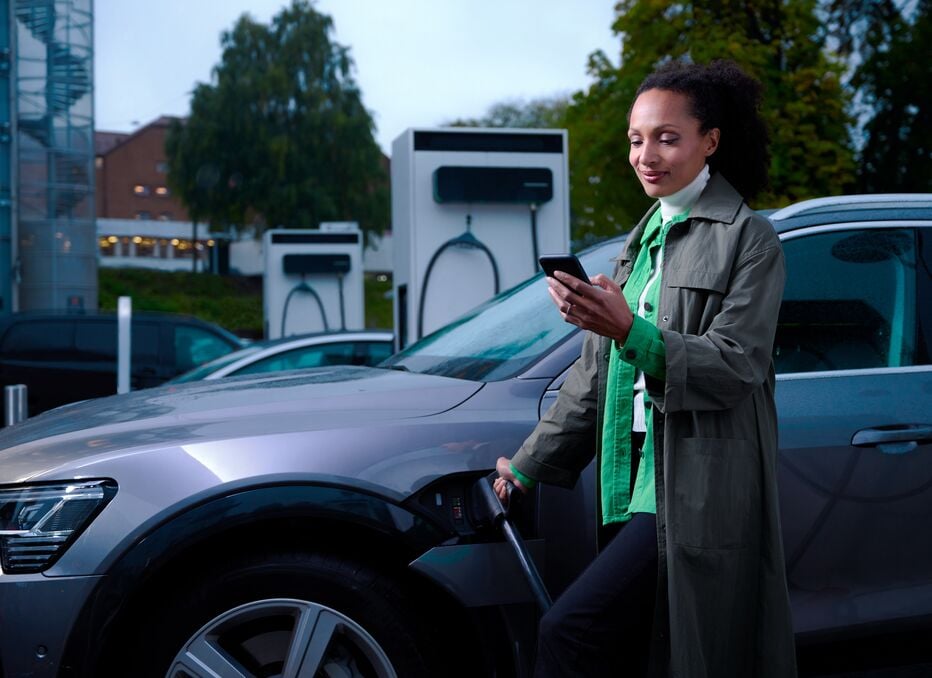
The importance of trust in a rapidly evolving new world of mobility
Consumers and businesses around the world are trading the familiar petrol pump for EV charging stations. Adjusting to this new and often unfamiliar world of EV charging requires a few habit changes, one of which is around measurement and calibration.
Drivers know exactly what to expect from a petrol station – from using the pump, to being able to trust that it delivers exactly as many litres as the display says and knowing what they’re paying for. Even with fluctuating petrol prices, they also know exactly what to look for when comparing prices between petrol stations and can easily pick the one most suited to their needs.
Calibration laws are designed to bring the same level of trust from petrol stations to EV charging infrastructure, giving consumers the certainty that the charging station they’re using is accurate and provides all the information they need.
In this article, we break down what calibration laws are, how they work, and what they can mean for your EV charging business.
Calibration Laws: A global perspective
As its name suggests, a calibration law is a legal requirement to ensure a device is able to accurately and transparently measure the product it delivers. Like the standard measure on a pint glass or the vegetable scale at the supermarket, an accurately calibrated device is essential for protecting consumers and ensuring they pay for exactly what they receive.

So, what does this have to do with EV charging?
Now that we are moving towards global EV adoption, governments around the world are trying to focus on the interoperability and standardisation of the charging network to make it as easy as possible for everyone to use. Calibration laws are based on a simple principle: At the end of the day, no matter what product or service you’re selling, customers want to know exactly what they’re paying before they can trust the company that sells it to them.
Like other devices delivering goods or services to consumers, public EV chargers need to be able to accurately measure the amount of electricity they have delivered to an electric car to ensure they invoice the correct amount.
If your business offers EV charging, providing a transparent and clear experience is a way to guarantee you offer a trustworthy service that will reflect on consumers’ perception of your brand.

Charging equipment manufacturers need to adapt to new laws and regulations
Governments across the world have taken steps to ensure EV drivers are invoiced accurately and fairly based on their energy consumption at public charging stations by introducing new calibration laws or extending existing ones.
Calibration laws affect charging equipment manufacturers as they have to ensure their stations comply with legislation. To achieve this, (and without getting too technical) a smart metre that’s certified by the regulatory body of the country the charger is installed in needs to be added to the station. This metre needs to be integrated with software to accurately communicate exactly how much electricity was used during each charging session and how much that amount cost.
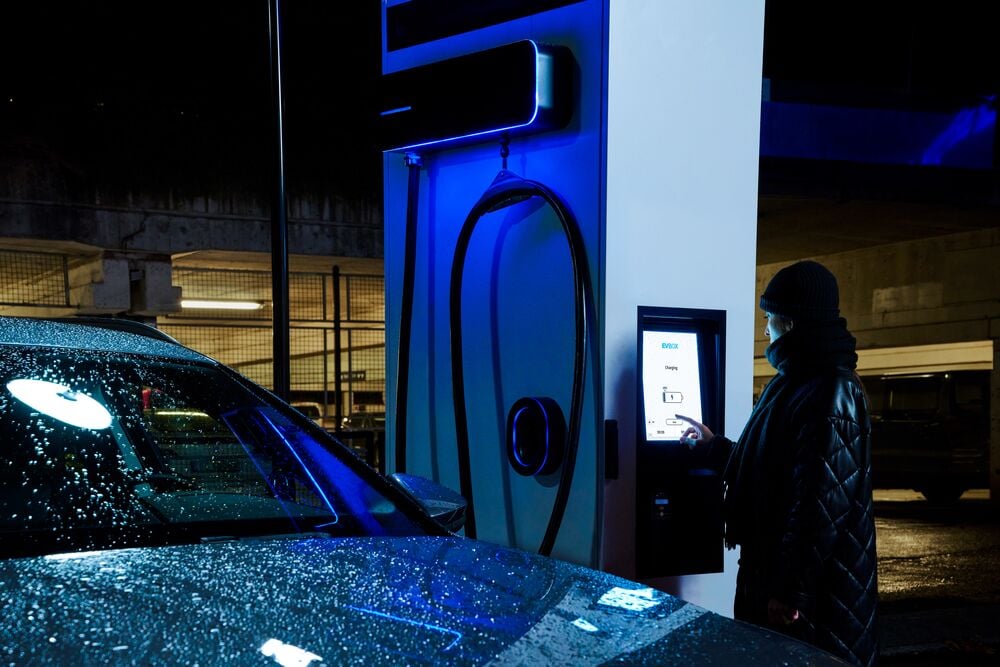
Does this mean this wasn’t the case before?
Yes and no. Electricity consumption has always been charged according to use, but these calibration metres safeguard the accurate communication of each transaction so that consumers know exactly what they are paying for.
It’s a way for your business to easily guarantee the customer gets what they pay for, instead of telling them they paid a fair price and asking them to trust you.
Are calibration laws adopted globally?
As many countries develop their regulatory framework around EV charging infrastructure, many have yet to formalise specific requirements around EV charging equipment calibration. As such, depending on the country you’re in, you might not (yet) have calibration law-compliant equipment available. However, While many countries (or districts) have not ironed out all the details, some have already active laws and regulations in place, let’s take a look at the UK first.
British calibration Law
While there is no specific calibration law in the UK, there are industry-specific regulations and entities to promote accurate calibration practices.
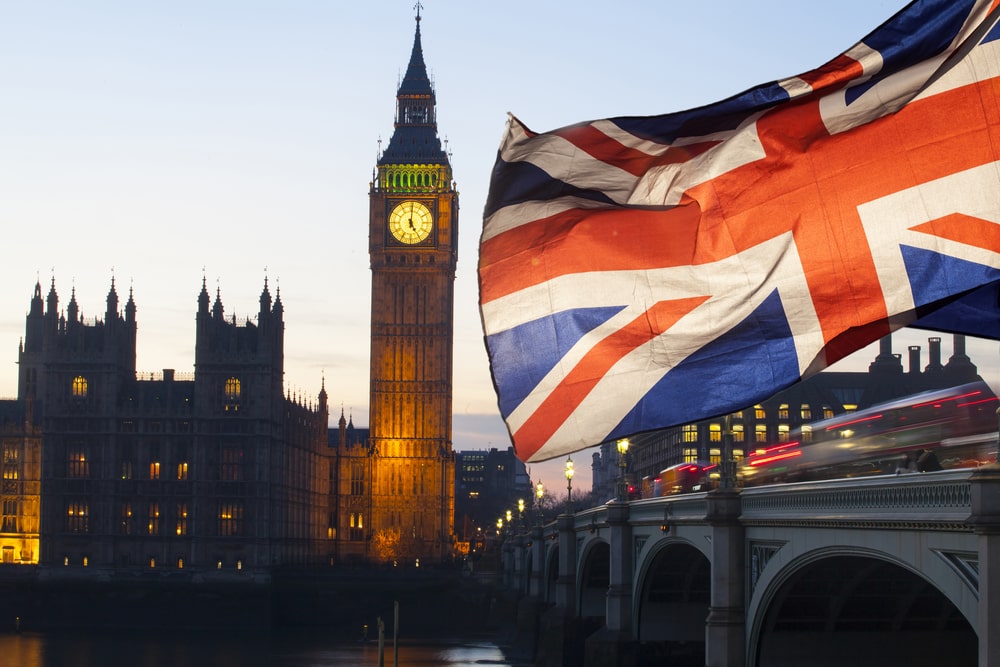
The closest UK calibration law is the Measuring Instruments Regulation (MIR) which protects consumers from inaccurate instruments used in trade, for example to ensure that electricity metres used accurately measure the electricity consumption of consumers, providing reliable data for charging and ensuring fair charges based on actual usage. The scope of the MIR is narrower compared to comprehensive calibration laws, as it only encompasses measuring instruments for weights, liquids, length, and volume and it does not explicitly govern calibration procedures.
The United Kingdom Accreditation Service (UKAS) and Irish national accreditation board (INAB) are national accreditation bodies to assess the competence of organisations and provide certification, testing, inspection and calibration service. While there is no calibration law like some in Europe, the UK government have certainly showed their efforts for standardisation by being the first to pass a smart charging regulation in 2021 and as well as working on a public charging regulation due to be enacted by the end of 2023.
German calibration law (Eichrecht)
Germany has the strictest calibration law, with its Measurement and Calibration Act introduced in 2019, based on the EU’s Directive 2014/94/EU that requires charge point operators to ensure that their prices are “reasonable, easily and clearly comparable, transparent and non-discriminatory.”

What this means, in practice, is that EV drivers need to be able to precisely view their energy consumption and clearly understand how they have been invoiced. It also requires charging station manufacturers to go through a rigorous certification process that guarantees their hardware and software are accurately calibrated to measure electricity consumption. Eichrecht law even requires the production facility where the charging equipment is built to be certified to do so.
French calibration Law
The French government started implementing calibration laws for EV charging infrastructure with its Decision n°22.00.570.001.1 from the 1st of March 2022, which sets out requirements for testing and manufacturing DC charging equipment. The certification process is managed by the French National Laboratory for Metrology and Testing, and all DC charging station manufacturers selling to the French market need to get certified.

California Type Evaluation Program
Any measuring tool sold in California must pass the state’s Division of Measurement Standards’ (DMS) California Type Evaluation Program (CTEP). As of 2021, the CTEP also covers Electric Vehicle Supply Equipment (EVSE), in other words, all publicly available AC and DC charging stations.

Like the other certifications, this program is designed to ensure that EV charging stations used for commercial purposes are accurate, well-built, well-designed, and installed correctly. It guarantees consumers that the amount of energy they consume and the price they pay is accurate, and helps businesses cement trust in their EV charging offering.
Consumer protection and calibration laws
You may not realise, but calibration requirements are nothing new. For example, petrol stations in both the EU and the US have long had to comply with stringent calibration requirements, so it’s not surprising that EV charging stations are being subjected to similar regulations to support the transition to electric mobility. But unlike petrol stations, which are grouped under a few well-known brands, there are thousands of charge point operators globally and hundreds of different networks which drivers may have never heard of.
Now add the fact that each country or region has always had different regulations and policies, making standardisation across the board pretty complex.
Fundamentally, calibration laws are needed to establish and cement consumer trust in EV charging stations, letting drivers know they can expect accurate and transparent invoicing when they use a public charging station – even if they don’t know the company that manufactured or is operating the charger.
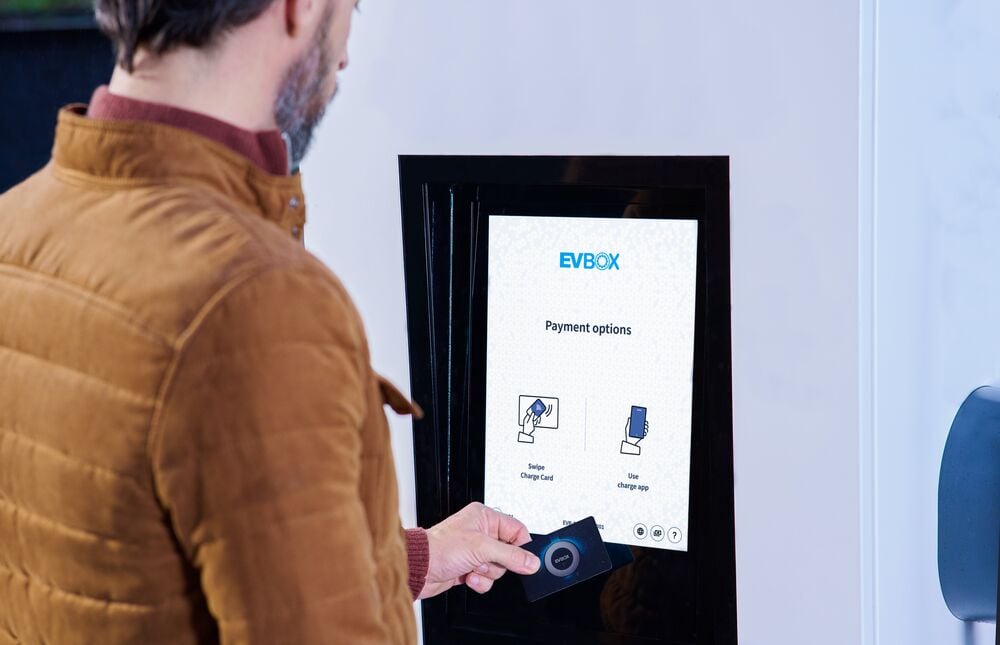
Without this regulatory framework, EV drivers would have no way to verify that the information provided by a charger – such as the kilowatt-hours (kWh) consumed and the price paid – are correct, instead having to trust what is stated by the charging station.
Benefits and challenges of calibration law certification
Beyond helping guarantee transparency, calibration law also plays a crucial part in protecting consumers against inaccurate measurement and data manipulation. To get certified, charging station hardware and software manufacturers must get their products and manufacturing sites inspected by an independent third-party verification agency to confirm they comply fully with the framework’s requirements.
For businesses, choosing an EV charging station from a calibration law-compliant manufacturer ensures their infrastructure is future-proof and won’t need to be replaced or upgraded to meet governments’ standards in the future.

Compliant charging stations also serve as a mark of transparency and reliability, allowing consumers to trust that the charger accurately measures their consumption and charges them the correct amount.
Impact on EV charging infrastructure
Calibration laws are designed to help expand and enhance EV charging infrastructure by standardising the charging process for consumers, making it as easy and seamless as possible.
By guaranteeing a smoother charging experience, calibration laws are expected to lower the barrier to EV adoption, getting the EV charging process closer to the familiarity of visiting a petrol station. And by guaranteeing the equipment is reliable, safe, and compliant, calibration certifications are built to encourage investment in high-quality charging stations.

Building a consumer-friendly charging ecosystem
Calibration laws are a fact of life in much of the world, including in the EU, with Germany’s Eichrecht leading the charge, and are likely to be adopted by many more countries soon.
These measures are put in place, to create a reliable, consumer-friendly charging ecosystem that can help accelerate the adoption of electric vehicles and, in tandem, create a profitable opportunity for your business.
Choosing an electric vehicle charging equipment manufacturer who’s compliant with the latest legislation requirements today (and ready for the requirements of tomorrow) will help you make a future-proof investment that can save you lots of headaches and even additional costs in the future.
If you’re considering investing in DC EV charging infrastructure, it’s worth checking with your electric vehicle charging equipment manufacturer if the equipment they offer is ready for current (and upcoming) calibration laws and certifications.
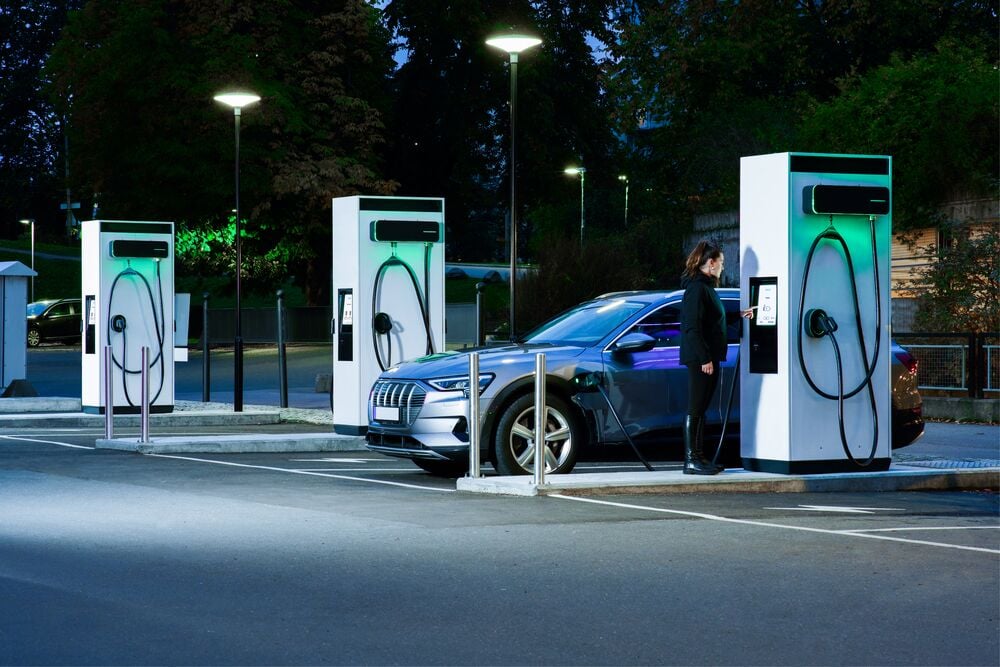
EVBox offers a range of hardware and software compliant with calibration laws across the world, such as the EVBox Troniq Modular DC charging station and EVBox Everon, our intelligent charging management software.
Related articles
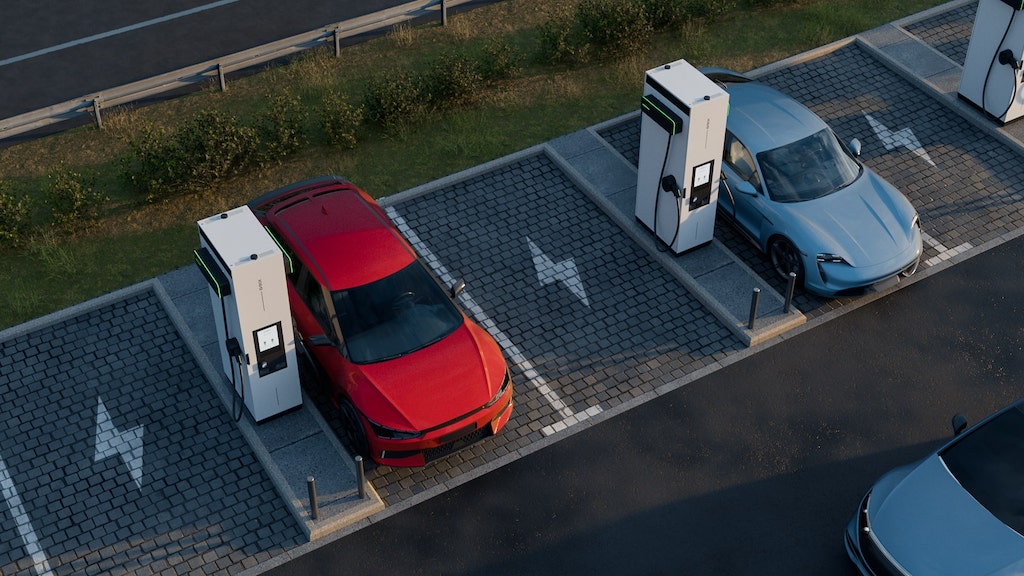
3 revenue models for commercial rapid EV charging stations
DC rapid-charging infrastructure is being installed at an exponential rate and is crucial to the improved viability of...

How to identify profitable DC charging locations
The profitability of your DC rapid-charging site depends largely on its location, which covers factors from quality of...

CPOs, Charge Point Owners, and EMSPs explained
Charge point operators (CPOs), e-mobility service providers (EMSPs), and charge point owners play a crucial role in the...